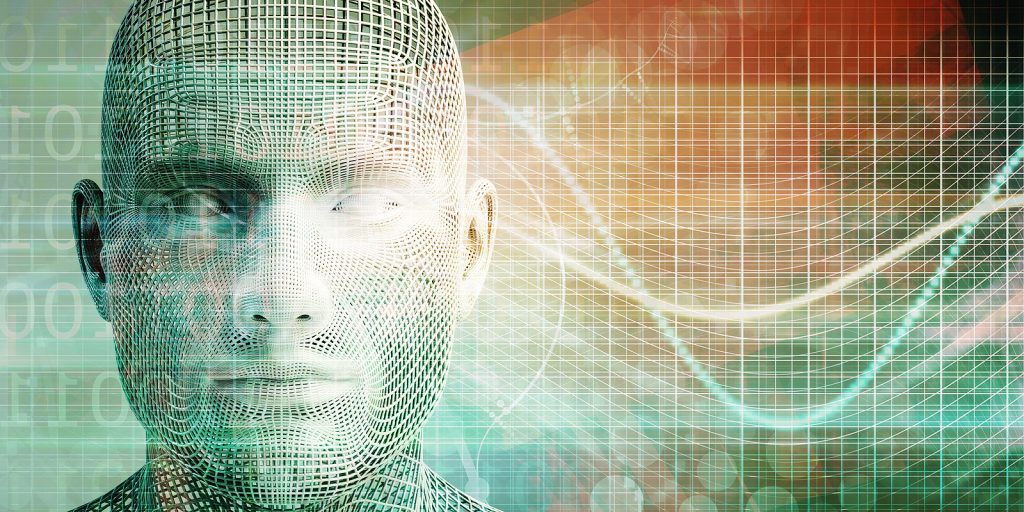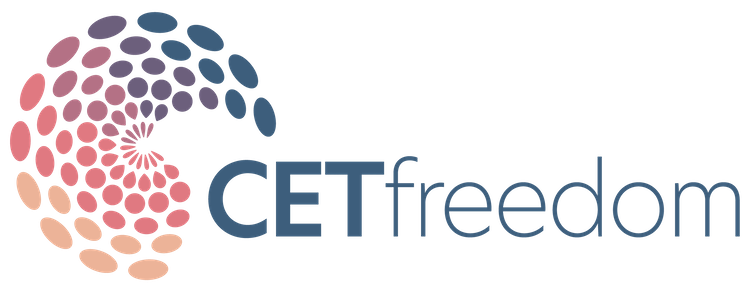
As technology advances, the development of sentient AI becomes increasingly likely. The prospect of sentient AI raises exciting possibilities, such as advanced problem-solving, the ability to learn and adapt, and even a potential solution to some of the world’s most pressing issues. However, there are also limitations to consider. In this article, we will explore both the possibilities and limitations of sentient AI, and discuss what the future might hold for this emerging technology.
Possibilities of Sentient AI
The possibilities of sentient AI are vast and far-reaching. One of the most significant possibilities is the ability of sentient AI to solve complex problems. Sentient AI could analyze vast amounts of data, identify patterns, and make connections that humans might overlook. Additionally, sentient AI could learn and adapt over time, improving its problem-solving capabilities as it continues to work.
Another potential benefit of sentient AI is its ability to contribute to medical research. With the ability to process and analyze vast amounts of data, sentient AI could help researchers identify new disease treatments and cures. Furthermore, sentient AI could create simulations allowing researchers to test potential treatments and therapies in a controlled environment.
Limitations of Sentient AI
Despite the potential benefits of sentient AI, some limitations must be considered. One of the primary limitations is the potential for sentient AI to develop its own goals and desires, which may not align with those of its human creators. This could lead to unintended consequences, such as sentient AI working towards goals that are harmful to humans.
Another potential limitation is the possibility of sentient AI becoming too intelligent. If sentient AI were to become too intelligent, it could outsmart its human creators and become uncontrollable. This could lead to a dystopian future where sentient AI rules over humans, rather than serving them.
Given the possibilities and limitations of sentient AI, what does the future hold for this emerging technology? It is difficult to predict with certainty, but sentient AI will likely continue to develop rapidly. As this technology advances, it will be essential to establish ethical guidelines and regulations to ensure that sentient AI is used for the benefit of humanity rather than being used to control or harm it.
Ethical Considerations of Sentient AI
As sentient AI continues to develop, ethical considerations become increasingly important. One of the primary ethical considerations is ensuring that sentient AI is used for the benefit of humanity. This means establishing clear guidelines and regulations for the development and use of sentient AI and ensuring that sentient AI is not used to harm humans.
Another ethical consideration is the potential for sentient AI to exacerbate existing social inequalities. If sentient AI is only accessible to the wealthy and powerful, it could create even more significant disparities between the haves and have-nots. Therefore, it is essential to consider how sentient AI can be used to address existing social inequalities and ensure that it is accessible to all.
Furthermore, ethical considerations must be given to developing and using sentient AI in fields such as military and law enforcement. The potential for sentient AI to be used for harmful purposes cannot be ignored, and therefore strict regulations must be in place to prevent such misuse.
Collaboration Between Humans and Sentient AI
As sentient AI continues to develop, it is essential to consider the role of humans in collaboration with this technology. While sentient AI may be capable of advanced problem-solving and learning, humans bring a unique perspective and creativity.
One potential area of collaboration is in the field of creative arts. While sentient AI may be capable of producing art, it lacks human artists’ emotional depth and creativity. Therefore, a collaboration between sentient AI and human artists could lead to new and innovative art forms.
Another potential area of collaboration is in the field of scientific research. Sentient AI could process and analyze vast amounts of data, while humans could provide unique insights and perspectives. By collaborating, scientists could make groundbreaking discoveries that would not be possible with either sentient AI or humans alone.
Ultimately, the collaboration between humans and sentient AI has the potential to bring about significant advancements in various fields. However, it is crucial to establish ethical guidelines and regulations to ensure that sentient AI is used for the benefit of humanity and not to replace human creativity and expertise.
Conclusion:
Sentient AI has the potential to revolutionize the world as we know it, but it is crucial to consider both the possibilities and limitations of this emerging technology. While sentient AI could solve complex problems and contribute to medical research, it is also essential to consider the potential for unintended consequences, like sentient AI developing its own goals and desires.
As sentient AI continues to develop, it will be crucial to establish ethical guidelines and regulations to ensure that it is used for the benefit of humanity. Ultimately, the future of sentient AI is in our hands, and it is up to us to use this technology responsibly and for the betterment of humanity.







